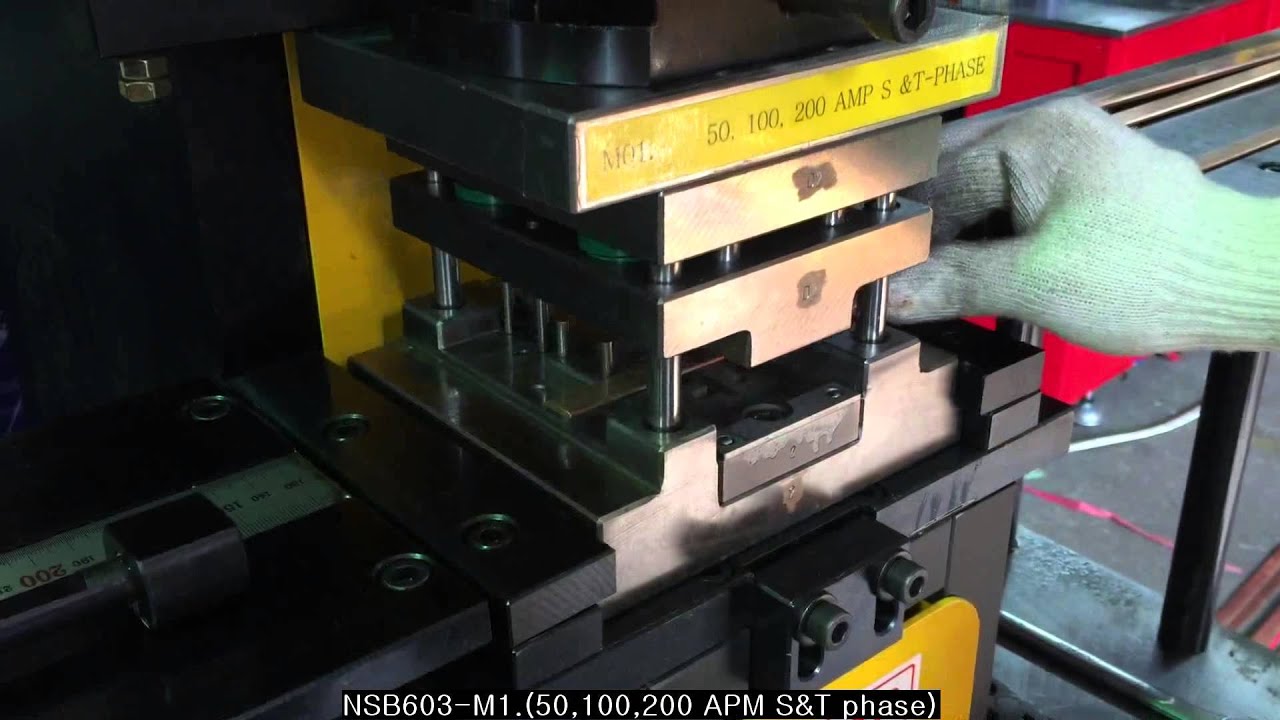In today’s rapidly evolving technological landscape, busbar machine have emerged as the linchpin of innovation, revolutionizing industries and reshaping the way we live and work. From cutting-edge manufacturing plants to our everyday lives, machines have become an integral part of our existence. This article delves into the profound impact of machines on various sectors and explores the limitless possibilities they offer.
Industrial Renaissance: The rise of machines has ushered in an industrial renaissance. Automated robots and advanced machinery have made production processes faster, more precise, and cost-effective. This not only boosts productivity but also ensures higher quality products. In sectors like automotive manufacturing, machines have led to remarkable advances in efficiency, leading to the creation of complex vehicles with intricate designs.
Healthcare Transformation: The healthcare industry is also riding the machine revolution wave. From diagnostic equipment that can pinpoint diseases with unprecedented accuracy to robotic surgical assistants, machines are making healthcare more accessible and effective. Telemedicine, powered by machines and artificial intelligence, has expanded healthcare reach to remote areas, providing timely medical consultations and improving patient outcomes.
Agricultural Innovation: In agriculture, machines have transformed the way we grow, harvest, and process crops. Automated tractors, drones, and smart irrigation systems have increased farm efficiency, minimized waste, and optimized resource use. This not only ensures food security but also has environmental benefits by reducing the carbon footprint of farming practices.
Transportation Evolution: The transportation sector has witnessed a revolution with the advent of autonomous vehicles. Self-driving cars and trucks promise safer and more efficient transportation, potentially reducing accidents caused by human error. Furthermore, electric vehicles, powered by machine-controlled battery systems, are helping mitigate climate change by reducing emissions.
